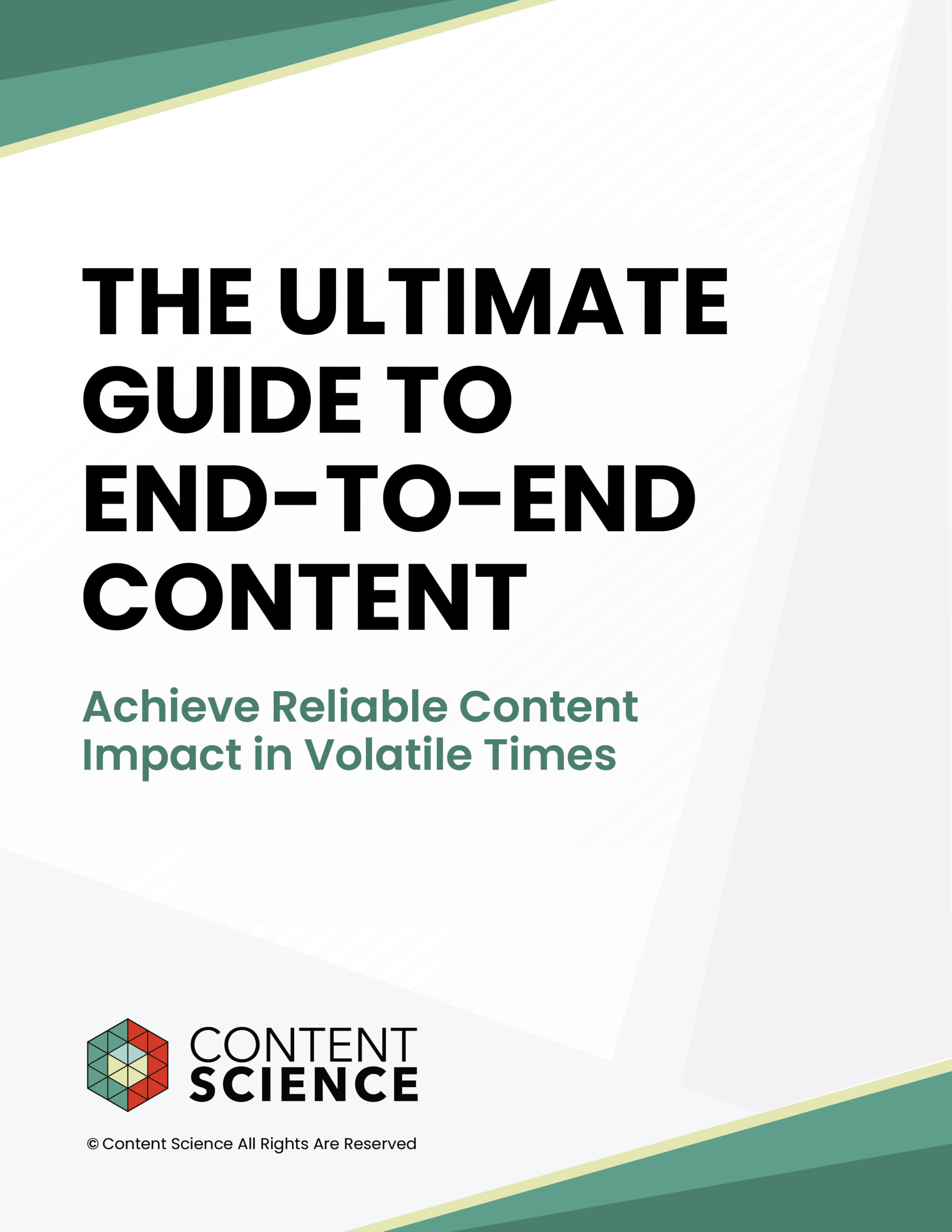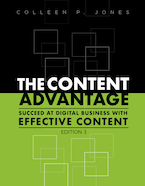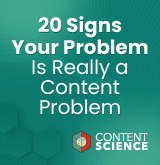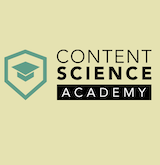
We are nearly a year into the COVID-19 global pandemic. While the world is starting to glimpse the light at the end of the tunnel as vaccines rollout, we are far from recovering from the impact that the virus has had on the economy and workforce.
To understand how the crisis is impacting the content industry, specifically, Content Science launched a short survey in April 2020. We are still collecting responses, but can report out key themes we are seeing so far.
The virus is having a significant impact on content jobs: About half of the respondents who have taken our survey thus far said their role has changed in some way because of COVID-19, including:
- Shifting roles or taking on more responsibilities
- Being laid off
- Getting promoted
- Seeing pay cuts or other team members lost their jobs
“The team is being shrunk beyond recognition” – Respondent
“I was deemed an ‘essential’ freelancer and have managed to remain while others were cut, but I was asked to cut my rate. Things feel more tenuous.” – Respondent
Remote work is taking off: All of the respondents thus far say their team was already working remotely or has shifted to remote work. About 75% reported shifting to remote work because of the pandemic.
Workloads are increasing: Many respondents are reporting that their workload has increased significantly as a result of the COVID-19 pandemic.
Top challenges have included customers, staff, and processes: Three main challenges are emerging in response to the question “What are the top 2 challenges you or your team face as you adapt to the COVID-19 situation?”
- Understanding and responding to customer needs
- Lack of staff/staff reduction
- Updating or creating new processes and procedures quickly
Teams are finding ways to adapt: Although they are facing challenges, content workers told us about the innovative ways they are adapting. Responses included:
- “We’re a small tech startup and we implemented the Entrepreneurial Operating System (EOS) (see book: Traction by Gino Wickman). This was planned prior to COVID-19 but it’s been helpful with remote teams.”
- “We pivoted to emphasizing live social video over web content and paid social posts.”
- “We postponed in-person programs and have doubled e-blast, blog, video, and social media content.”
- “We abruptly adapted our content to virtual trade shows and pandemic-related topics in conjunction with product launches.”
- “As a tourism marketing organization, we shifted to targeting a local audience of consumers and business owners with messaging about supporting local businesses and experiencing our destination from home.”
As the pandemic rages on, we are continuing to collect data. Take the COVID-19 Content Industry Impact Survey and let us know how the virus has changed your work.
Events, Resources, + More
The Ultimate Guide to End-to-End Content
Discover why + how an end-to-end approach is critical in the age of AI with this comprehensive white paper.
The Content Advantage Book
The much-anticipated third edition of the highly rated book by Colleen Jones is available at book retailers worldwide. Learn more!
20 Signs of a Content Problem in a High-Stakes Initiative
Use this white paper to diagnose the problem so you can achieve the right solution faster.
Upskill with Content Science Academy
Training for modern content roles through on-demand certifications + courses or live workshops.






Comments
We invite you to share your perspective in a constructive way. To comment, please sign in or register. Our moderating team will review all comments and may edit them for clarity. Our team also may delete comments that are off-topic or disrespectful. All postings become the property of
Content Science Review.